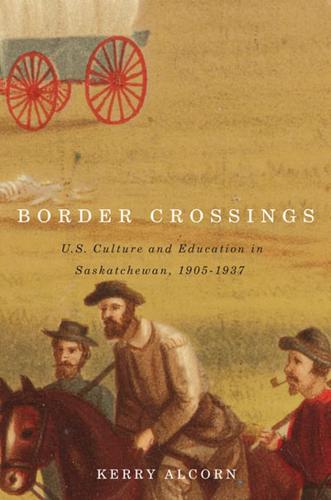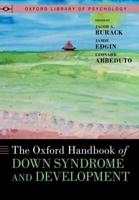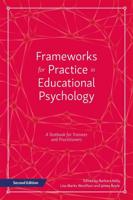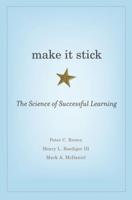
Border Crossings US Culture and Education in Saskatchewan, 1905-1937
Hardback (27 Nov 2013)
Not available for sale
Includes delivery to the United States
Out of stock
Other formats/editions
Check stock
At the dawn of the last century a shift in direction emerged among education policy-makers in Saskatchewan. Prior to 1905, the territories that would become Saskatchewan and Alberta maintained a school system largely modelled after Ontario's British-inspired system. Between 1905 and 1937 however, the shared geography and culture of the continental plains that span the border between the United States and Canada became the primary influence on education in the Canadian prairies. In Border Crossings, Kerry Alcorn examines Saskatchewan's embrace of the culture of farmer revolt and populist and progressive democratic thought that originated south of the border. He argues that as a consequence Saskatchewan education developed in resistance to eastern Canadian forms, with education policy makers - some brought in from the United States - consciously looking to their southern neighbours for direction in developing educational models. Alcorn's detailed portrait of University of Saskatchewan president Walter C. Murray and his "Wisconsin Idea," further highlight the influence of the north-south axis. A challenge to standard histories of Canadian education, Border Crossings encapsulates the development of the meaning, practice, and language of Saskatchewan education in the early twentieth century.
Book information
| ISBN: | 9780773542877 |
| Publisher: | McGill-Queen's University Press |
| Imprint: | McGill-Queen's University Press |
| Pub date: | 27 Nov 2013 |
| DEWEY: | 370.97124 |
| DEWEY edition: | 23 |
| Language: | English |
| Number of pages: | 232 |
| Weight: | 454g |
| Height: | 229mm |
| Width: | 152mm |
| Spine width: | 20mm |











